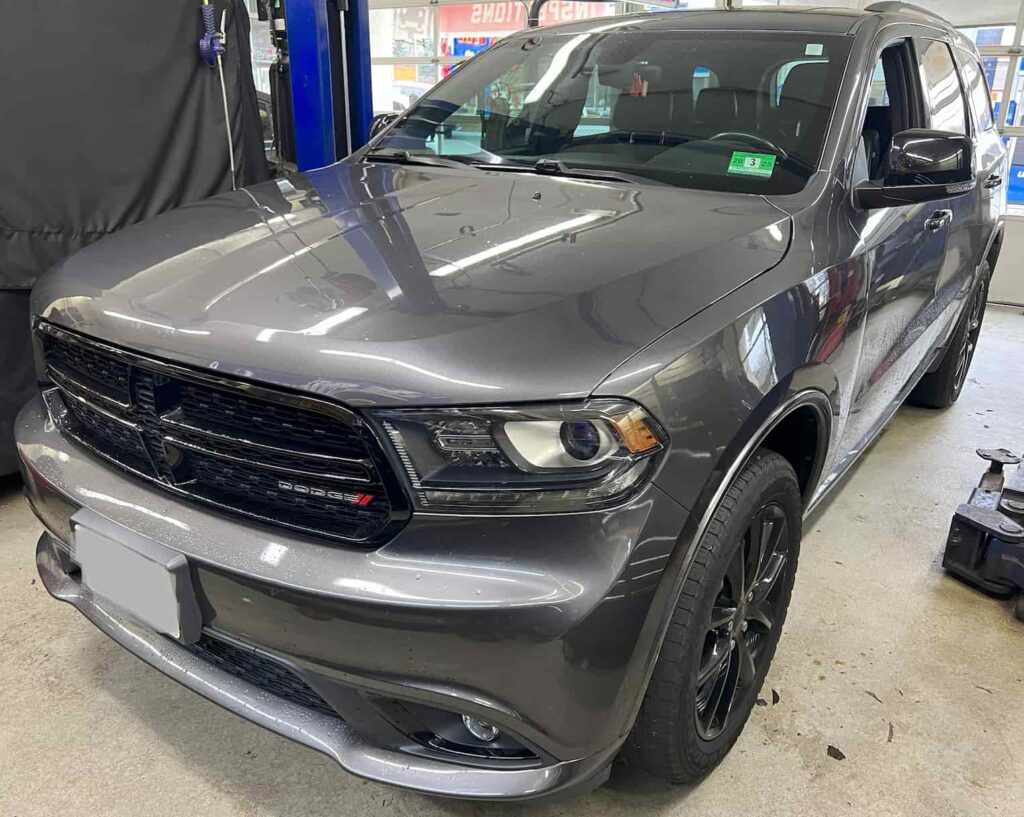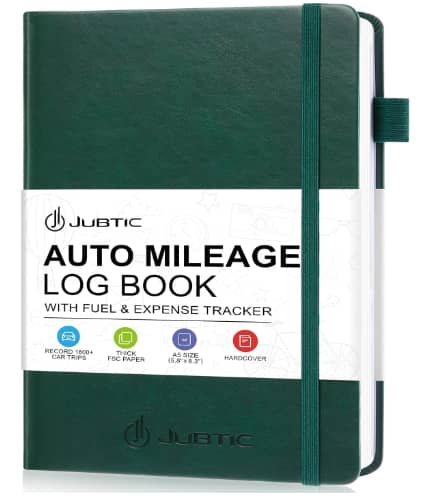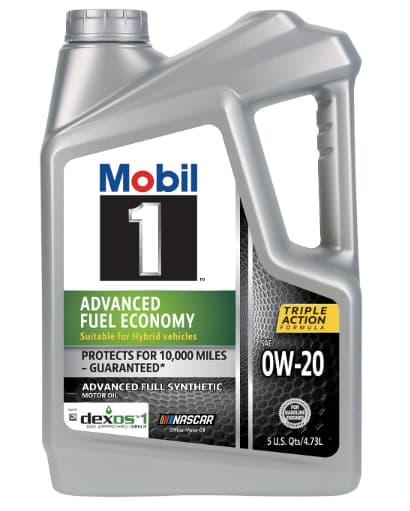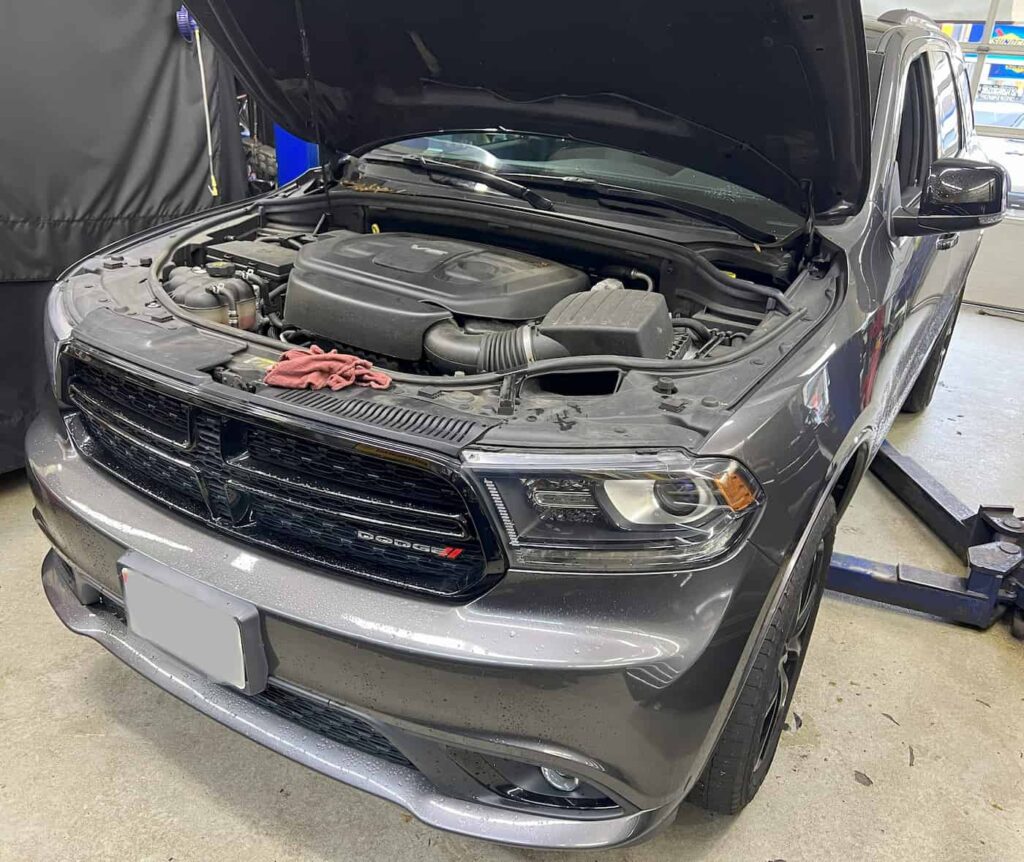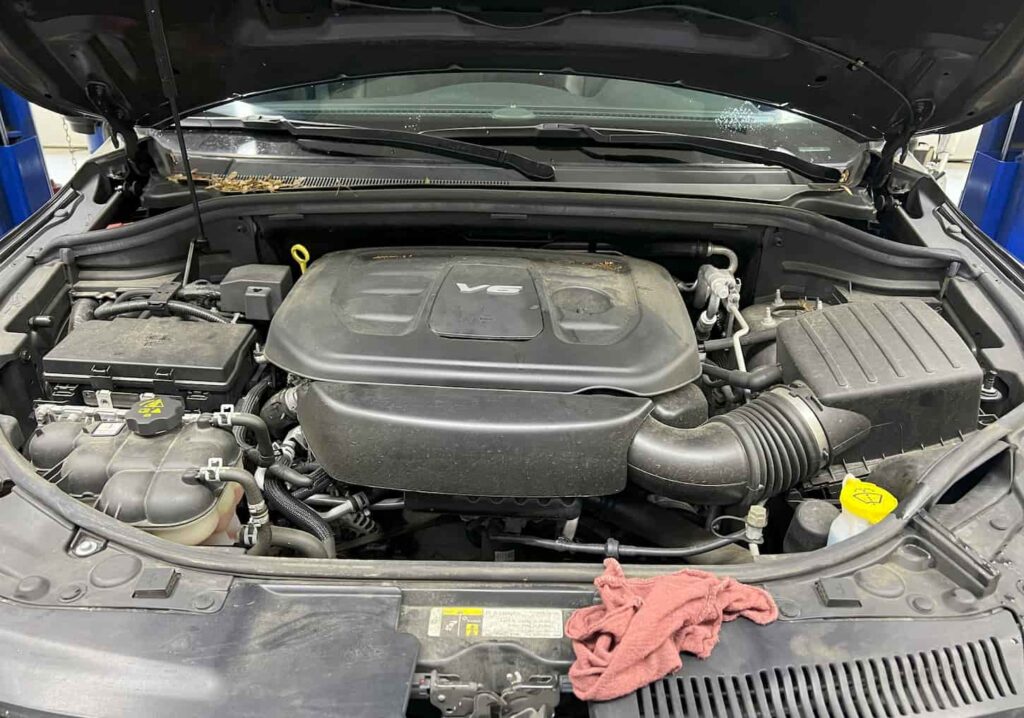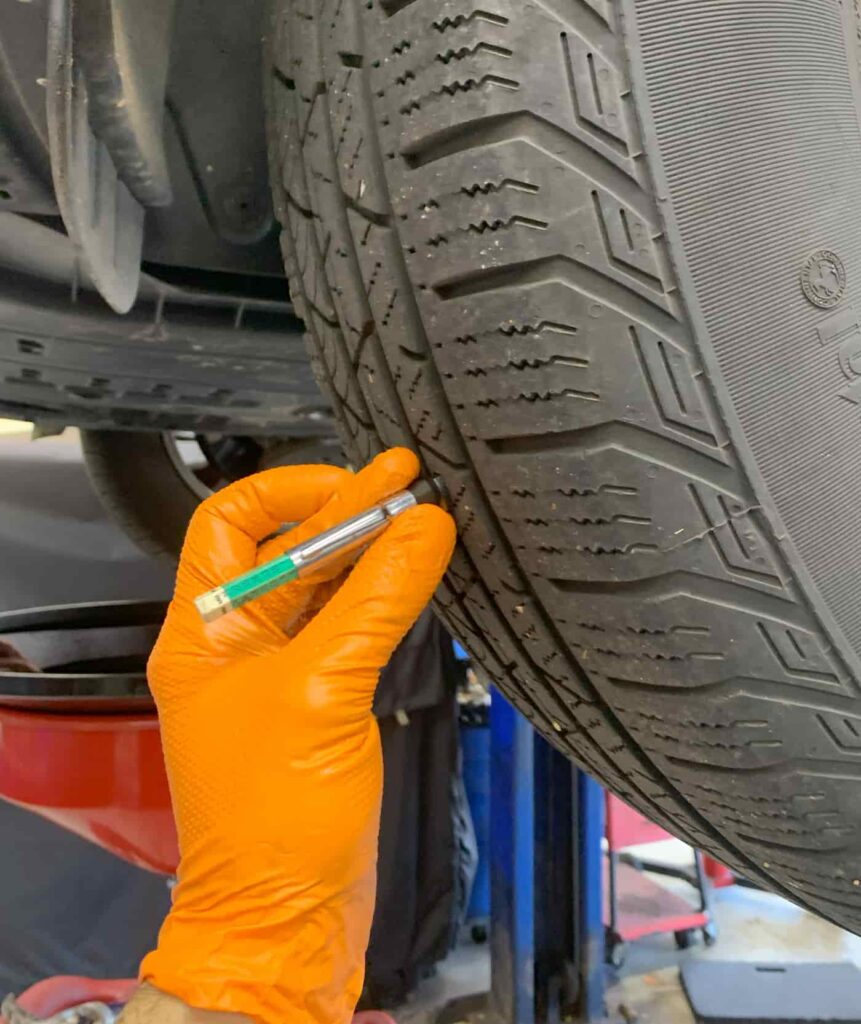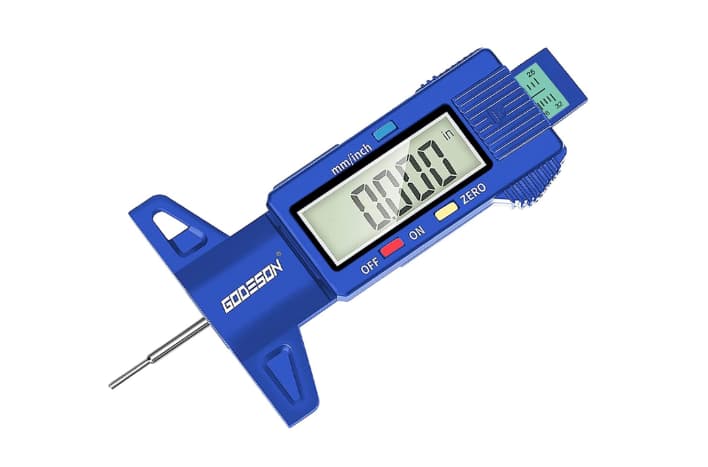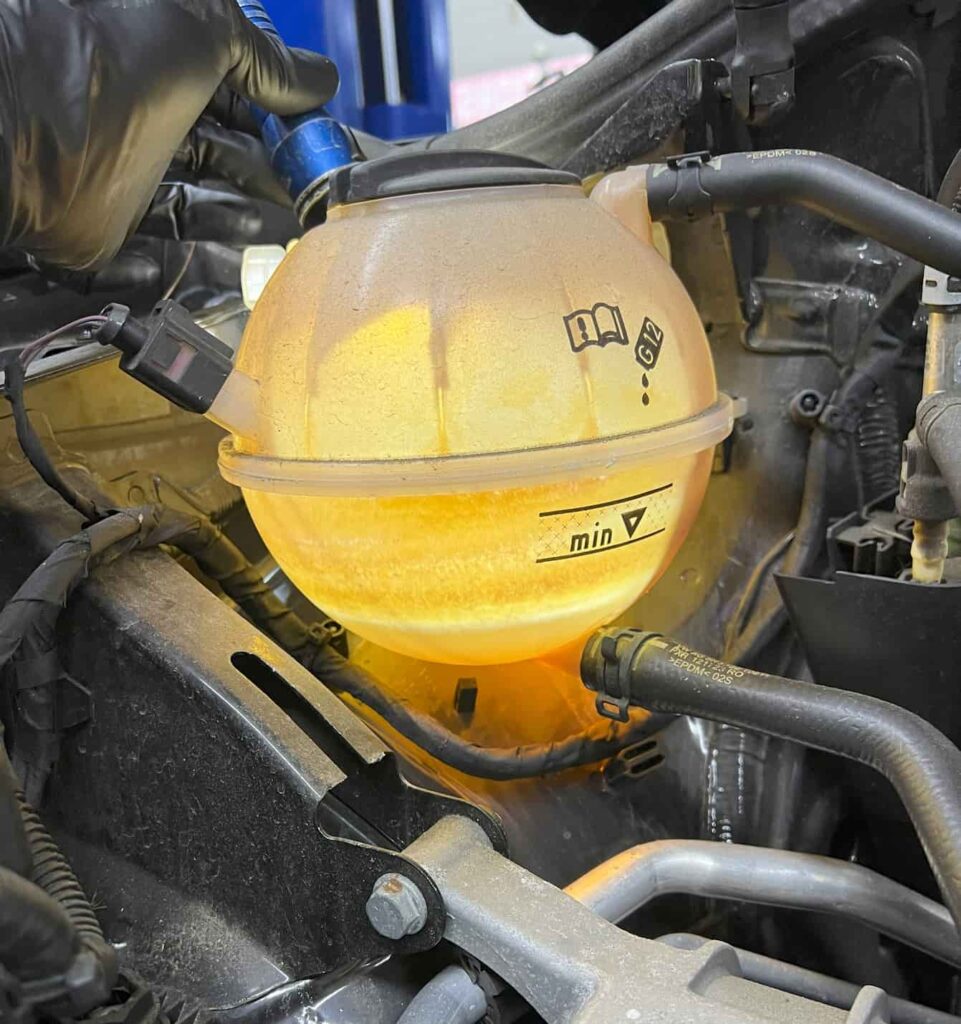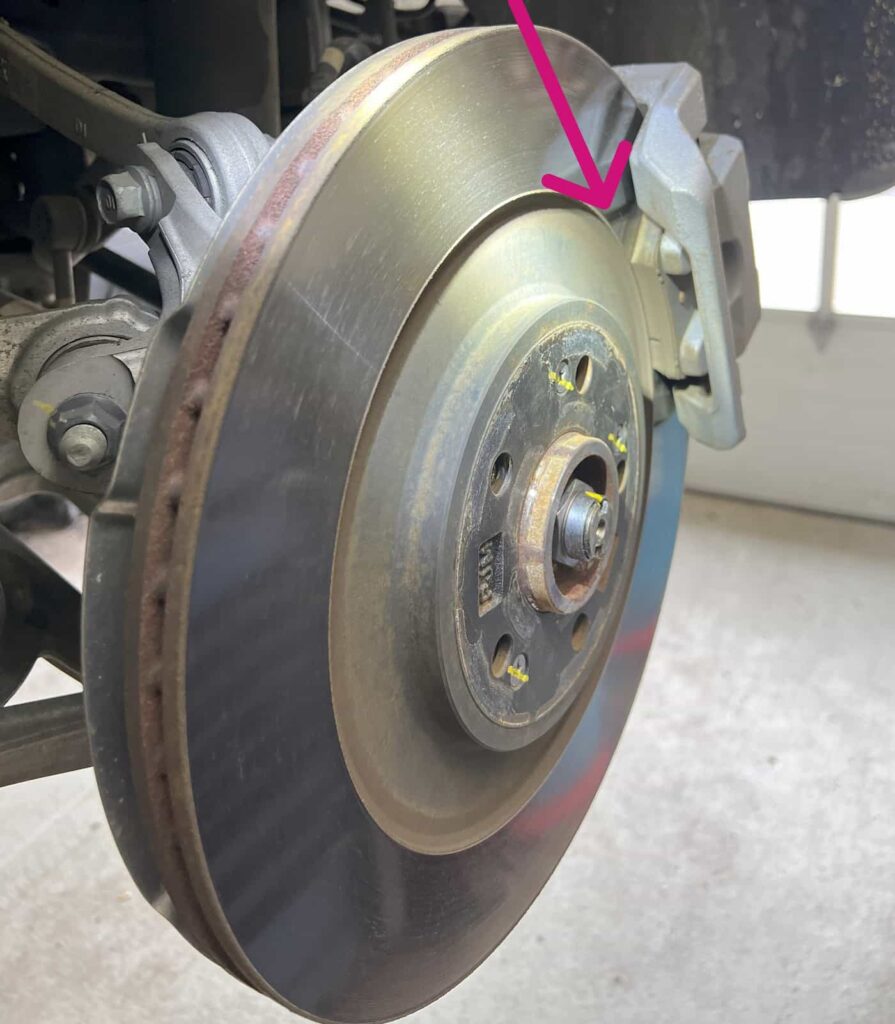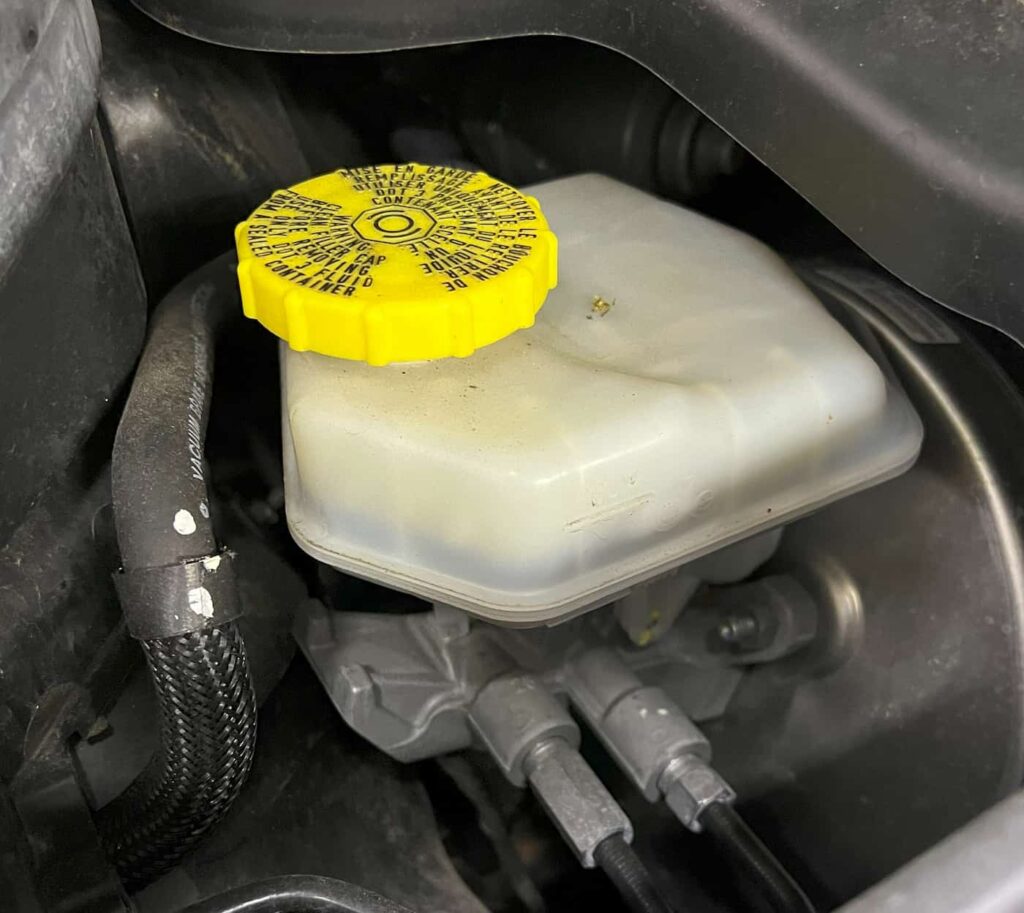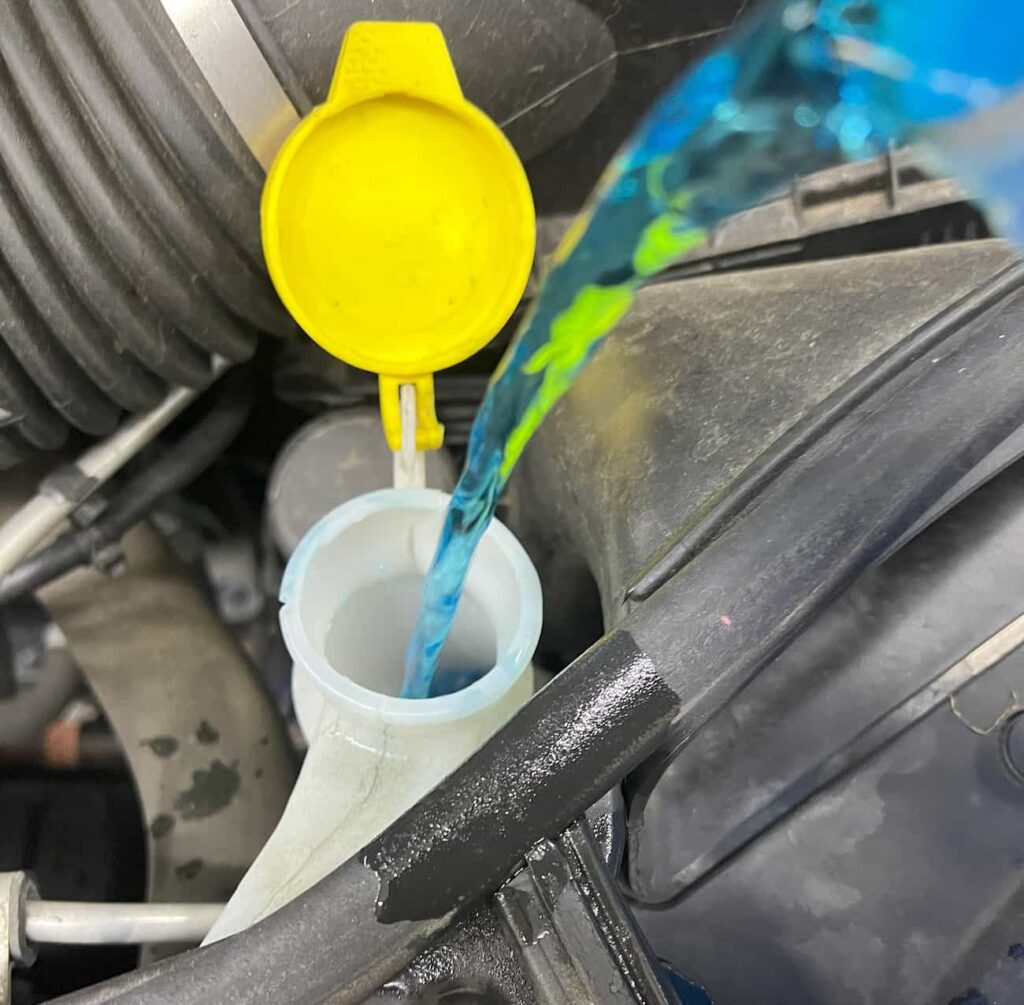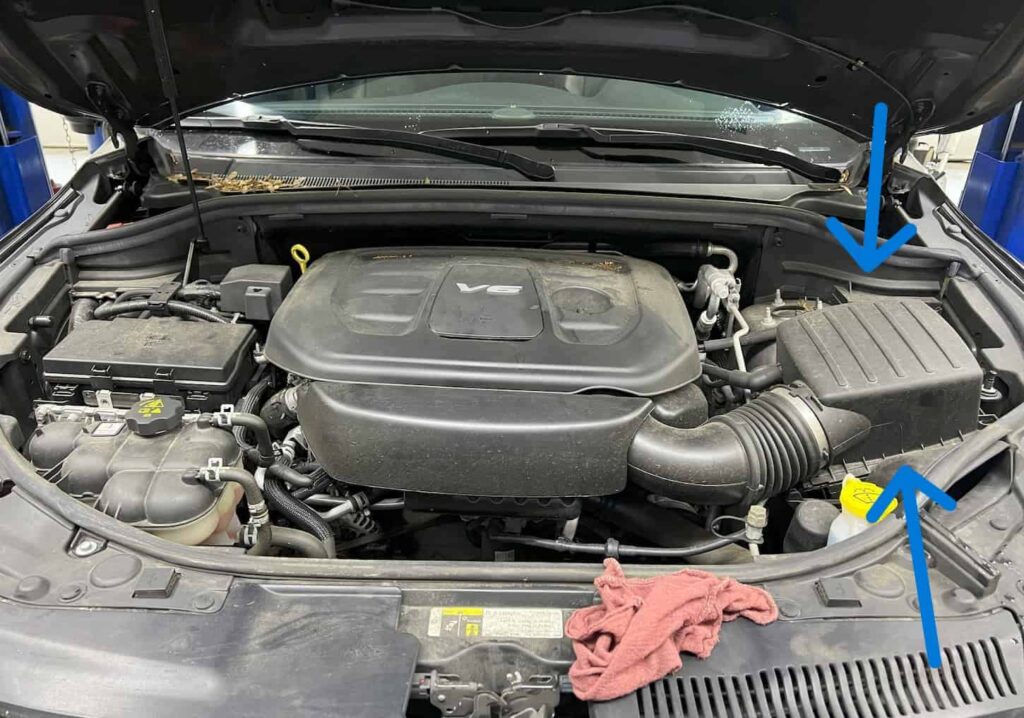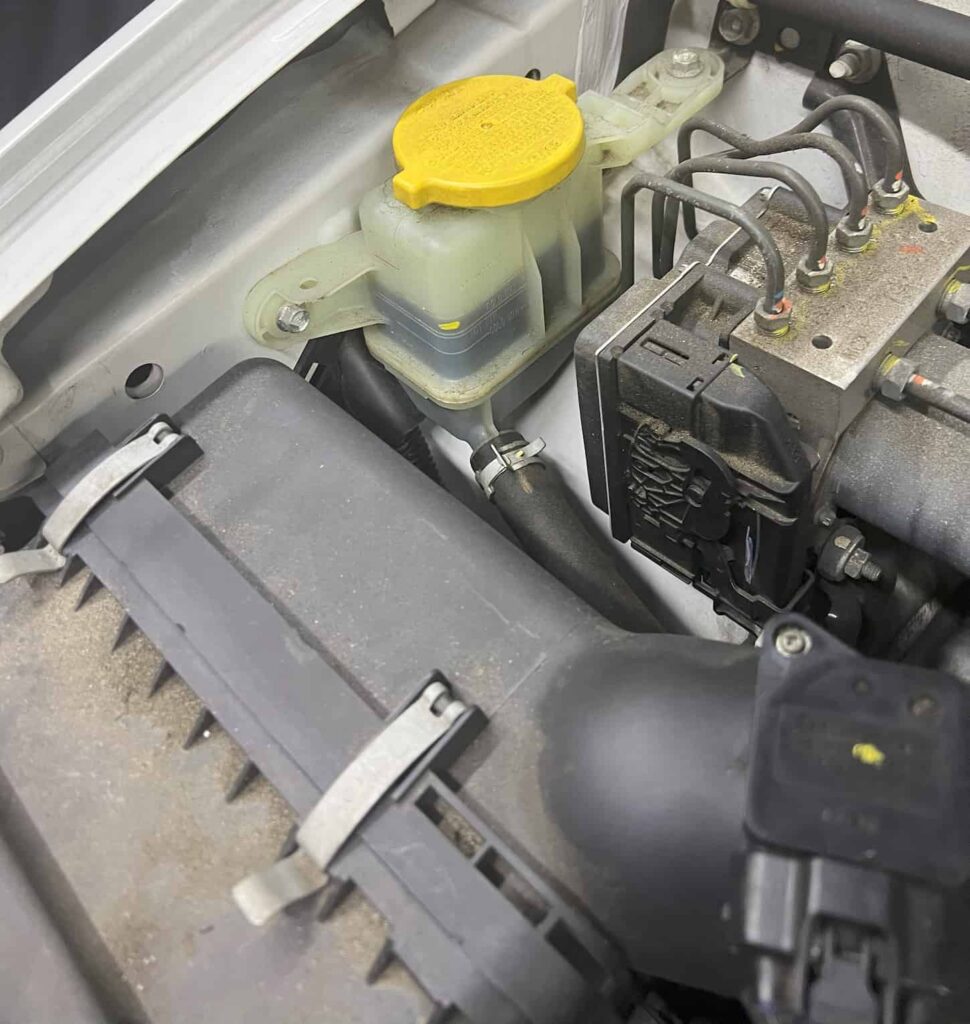Steps to Reset Dodge Durango Oil Life Percentage (2011-2024)
Press the Engine Start button twice without your foot on the brake pedal so the Dodge Durango is in RUN mode.
Use the UP or DOWN arrows on the left side of the steering wheel to scroll through the menu options.
Select the Vehicle Icon by pressing the RIGHT arrow when the vehicle icon is highlighted.
Use the RIGHT arrow on the steering wheel to scroll through the menu until you see X% Oil Life.
Hold the OK button on the left side of the steering wheel until the Dodge Durango oil life percentage resets to 100%
The 2011-2024 Dodge Durango Service Required Maintenance reminder should only be reset after changing the oil and oil filter on the car.
Steps to Reset Dodge Durango Oil Life Percentage (2011-2024) - Pedal Method
Press the Engine Start button twice without your foot on the brake pedal so the Dodge Durango is in RUN mode.
With the Dodge Durango Engine OFF, press the accelerator pedal down to the floor 3 times in a row.
The Dodge Durango Oil Life will reset to 100%.
Why It's Important to Reset the Dodge Durango Oil Life
Resetting the oil life in your Dodge Durango is crucial for keeping track of when your next oil change is due and evaluating the state of the engine oil. It also helps in scheduling your next service visit.
KEEP A PERSONAL RECORD OF ALL VEHICLE SERVICES
Maintaining an accurate record of every oil change and related maintenance is beneficial. Collect and systematically arrange all important service documents. This method guarantees the best care for your Dodge Durango and creates a comprehensive history of maintenance, which can be advantageous if you choose to sell the vehicle in the future.
Dodge Durango Oil Type and Quantity
The 2011-2024 Dodge Durango 3.6L requires 6 Quarts of 0W-20 Synthetic oil.
Synthetic or Conventional Oil?
Using synthetic motor oil is recommended for the Dodge Durango’s engine. Consistently using the same type of engine oil is important. If your Dodge Durango has been running on synthetic oil, it is wise to keep using it. On the other hand, if you have been using conventional oil or a synthetic blend, it’s sensible to continue with the same.
TIP: Bring your own oil to your local shop to save money on oil mark-ups.
How Often Should You Change the Oil on Your Dodge Durango?
It is strongly advised to perform oil changes on your Dodge Durango every 3,000 miles. Even though there are recommendations for longer intervals from various specialists and service centers, adhering to the 3,000-mile routine is essential. Consistent oil changes at this interval are crucial for maintaining your Dodge Durango’s engine in peak condition and preventing various potential issues. Regular oil changes help sustain engine performance and offer a chance for a detailed inspection of the SUV during each service. This practice is important for identifying and addressing small problems before they become major concerns.
What to Do If the Dodge Durango Oil Life Reset Procedure Does Not Work?
If you face difficulties in resetting the service light on your Dodge Durango, restarting the process might be helpful. Begin by cycling the start button ignition off, then on, and off again, before starting the reset procedure from scratch. Ensure that the hood and all doors are securely closed before moving forward.
Why is the Dodge Durango Oil Life Percentage Not Reset?
Merely replacing the oil and oil filter in your Dodge Durango does not automatically reset the oil life percentage to 100%. If the Dodge Durango service reminder remains unchanged post an oil change, this typically suggests that the reset process was not carried out following the oil replacement, possibly due to an oversight.
Dodge Durango Maintenance Tips
Check Tire Pressure and Tire Tread
The suggested tire pressure for your Dodge Durango can be found on a white label located on the door panel, visible when you open the driver’s side door. The front and rear tires of the Dodge Durango should be set to 33 psi. To avoid overinflating the tires, inflate them while they are cold, which is either three hours after the SUV has been driven or before you begin driving. To assess tire tread wear, you can use the penny test or a tread depth gauge.
Rotate Your Tires
We advise rotating the tires of your Dodge Durango with every other oil change, assuming you’re following our suggested 3,000-mile oil change interval, or otherwise every 6,000 miles.
TIP: If your local shop or dealership recommends tires on your Dodge Durango, check your tire tread yourself with a tire tread depth gauge!
Check the Coolant Level
Ensure that the coolant in the reservoir is at the appropriate level, positioned between the minimum and maximum indicator lines. Using a flashlight can help to see more clearly inside the coolant container. Given that the coolant system is sealed, a noticeably low level of coolant might indicate a leak. Performing a pressure test on the coolant system is a reliable way to identify any potential leaks.
Check the Brake Pads and Rotors
Check the thickness of the brake pads on both the front and rear brakes of your Dodge Durango to ensure they have sufficient material. Use a brake pad gauge for a precise measurement of thickness. Also, inspect the brake rotors for signs of rust or irregularities. When your Dodge Durango is raised on a jack or lift, manually spin each wheel (with the parking brake released) to verify that they rotate smoothly. If you encounter resistance in the movement of any wheel, it could suggest a problem with the brake caliper or stuck slider pins in the caliper.
Check Brake Fluid Reservoir
It’s crucial to keep the brake fluid reservoir in your Dodge Durango full. If you find the brake fluid level unusually low, it often indicates either a leak in the system or significantly worn brake pad material. In such cases, first top up the brake fluid reservoir, pump the brake pedal, and then inspect the brake calipers and lines for any signs of leakage.
Check Washer Fluid Level
Top up your washer fluid reservoir. In colder months, opt for a washer fluid that contains antifreeze to prevent it from freezing in the container.
Check the Engine and Cabin Air Filters
Open the air filter box in your Dodge Durango and remove the air filter. Clean it with compressed air, a vacuum, or by shaking out the dust and debris if it appears dirty. If the filter is overly soiled, it’s best to replace it. If it still looks relatively clean, simply reinsert it. Also, remember to check the cabin air filter behind the glove box, which filters the air inside the car. Replace the cabin air filter if it’s dirty or has never been changed.
Check Power Steering Fluid
Make sure that the power steering fluid in your Dodge Durango is filled to the ‘full’ mark on the reservoir. If the fluid level is below normal, it could indicate a leak in the power steering system. If you find the level is low, top up the fluid and then check the power steering rack and lines for any signs of leaks.
Benefits of Regular Oil Changes
During my decade-long career as an automotive technician in both dealership and independent garage environments, I’ve noticed that cars lacking routine maintenance often suffer more frequent and severe issues. While some automakers advise oil change intervals ranging from 5,000 to 25,000 miles, I advocate for a more conservative 3,000-mile oil change regimen for the Dodge Durango, irrespective of the manufacturer’s recommendations. This practice is essential for maintaining peak performance and prolonging the SUV’s lifespan. Consistent oil changes are key in minimizing the Dodge Durango’s engine wear and can enhance fuel efficiency by as much as 2%. They also aid in keeping the engine clean and avoiding the accumulation of damaging deposits that can reduce the engine’s longevity.
